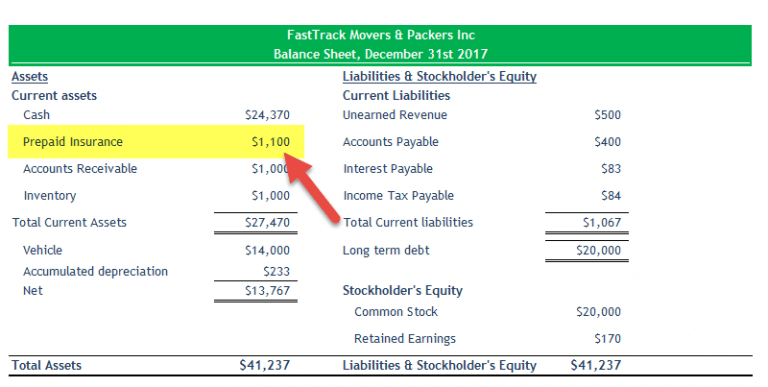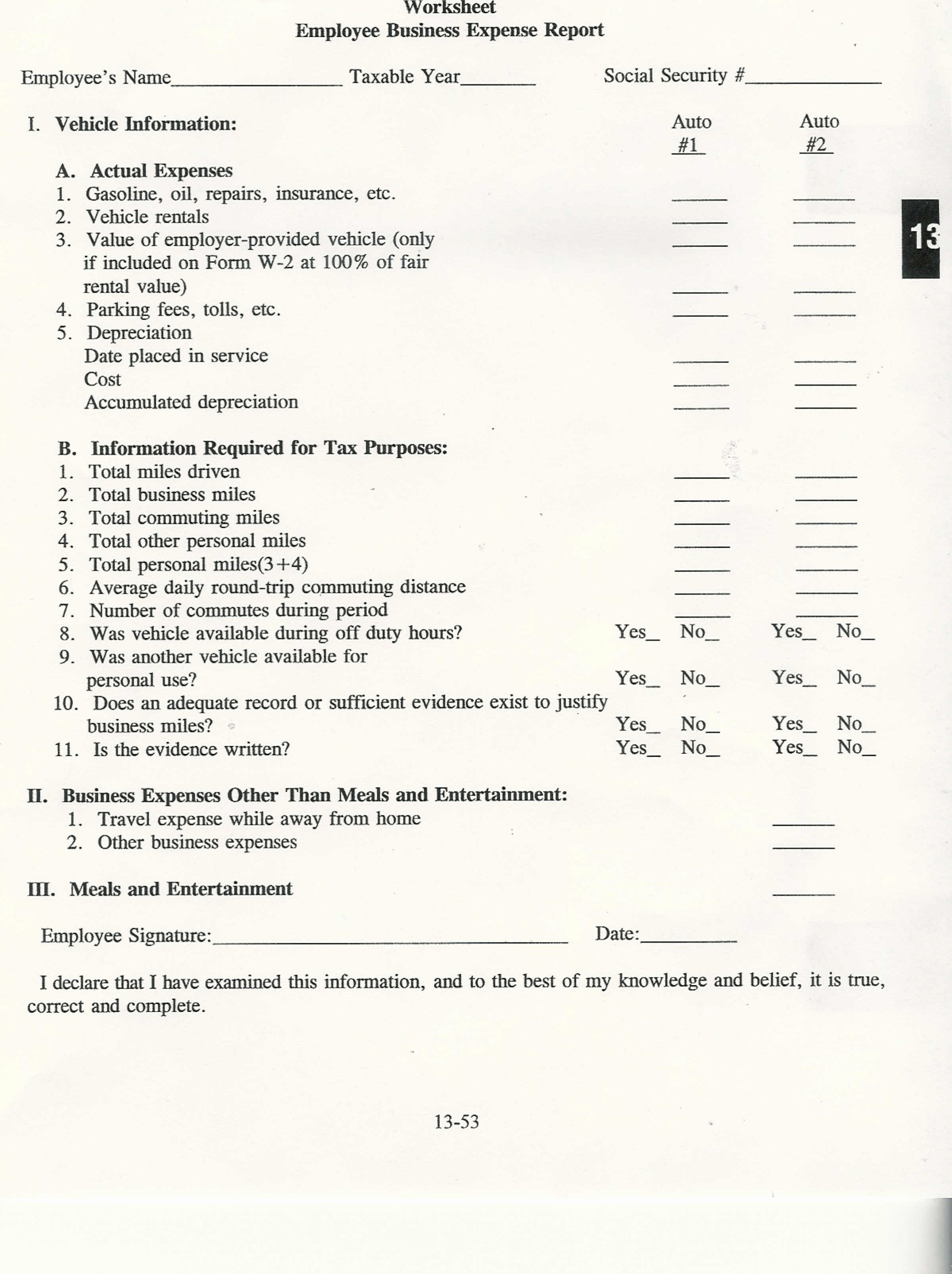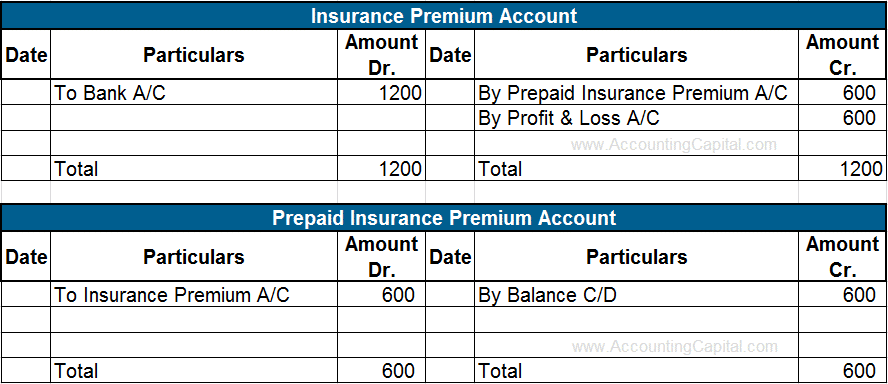

The adjusting entry at the end of each month would appear as follows:īusinesses may prepay rent for months in advance to get a discount, or perhaps the landlord requires a prepayment given the renter’s credit. The monthly adjustment for Company ABC would be $12,000 divided by 12 months, or $1,000 a month. The company makes a debit to the appropriate expense account and credits the prepaid expense account to reduce the asset value. Then, after a month, the company makes an adjusting entry for the insurance used. Image by Sabrina Jiang © Investopedia 2020 The initial entry, where we debit the prepaid expense account and credit the account used to pay for the expense, would look like this: The company pays for the policy upfront and then, each month, makes an adjusting entry to account for the insurance expense incurred. For example, Company ABC pays a $12,000 premium for directors and officers liability insurance for the upcoming year. One of the more common forms of prepaid expenses is insurance, which is usually paid in advance. Then, when the expense is incurred, the prepaid expense account is reduced by the amount of the expense, and the expense is recognized on the company’s income statement in the period when it was incurred. Contact us today to see how we can help you.Businesses cannot claim a deduction in the current year for prepaid expenses for future years. Our audit and assurance experts can answer any questions you may have about reporting and managing prepaid assets. But matching revenues and expenses is a critical part of accrual-basis accounting. Start-ups and small businesses that are accustomed to using cash-basis accounting may not understand the requirement to capitalize business expenses on the balance sheet. And companies without an established credit history, that have poor credit, or that contract services with foreign providers, may need to prepay expenses to get favorable terms with their supply chain partners. With that said, your company might receive a discount for prepaying. And since reporting prepaid expenses under GAAP differs slightly from reporting them for federal tax purposes, excessive prepaid activity may create complex differences to reconcile. Banks also might not count prepaids when computing working capital ratios. In addition, there is a risk that the party you prepay will not deliver what you have paid for.įor example, a landlord might terminate a lease - or they might file for bankruptcy, which could require a lengthy process to get your prepayment refunded, and you might not get a refund at all. Put another way, it gives vendors or suppliers interest-free use of your business’ funds. A major downside is that it takes cash away from other potential uses. However, in many circumstances, prepaying expenses is optional. Some service providers - like your insurance carrier or an attorney in a major lawsuit - might require you to pay in advance. Immediate expensing of prepaid expenses also causes profits to fluctuate from period to period, making benchmarking performance over time or against competitors nearly impossible.

Generally Accepted Accounting Principles (GAAP).ĭeducting prepaid assets in the period they are paid makes your company look less profitable to lenders and investors because you are expensing the costs related to generating revenues that have not been earned yet. Immediate expensing of an item that has long-term benefits violates the matching principle under U.S. How come prepaid expenses cannot be deducted immediately? The company then recognizes the reduction as an expense on the income statement. The remaining balance is gradually written off with the passage of time or as it is consumed.
#PREPAID EXPENSES APPEAR IN THE FULL#
Rather than immediately report the full amount of an advance payment as an expense on the income statement, companies that use accrual-basis accounting methods must recognize a prepaid asset on the balance sheet.Ī prepaid expense is a current asset that represents an expense the company will not have to fund in the future.

It is common for companies to prepay such expenses as legal fees, advertising costs, insurance premiums, office supplies, and rent. When do prepaid expenses hit the income statement? Here are some questions small business owners and managers frequently ask about prepaying expenses. This concept applies when companies make advance payments for expenses that will benefit more than one accounting period. It requires companies to match expenses (efforts) with revenues (accomplishments) whenever it is reasonable or practical to do so. The concept of ‘matching’ is one of the basic principles of accrual-basis accounting.


 0 kommentar(er)
0 kommentar(er)
